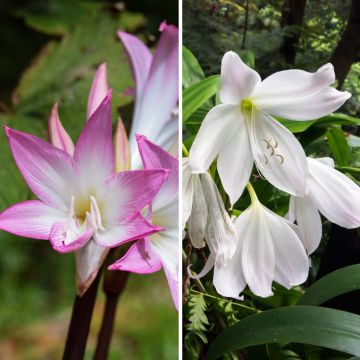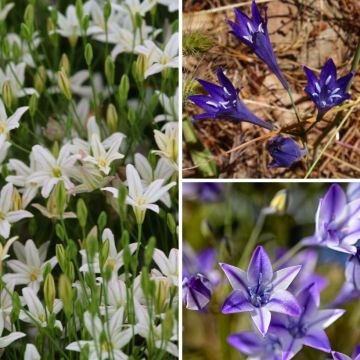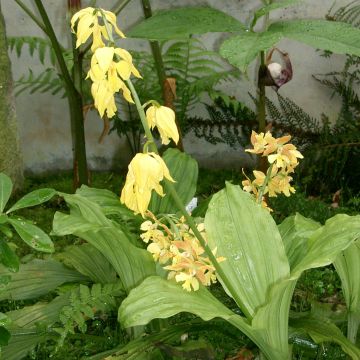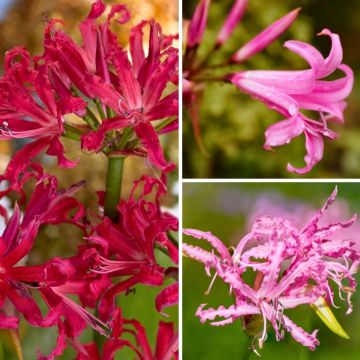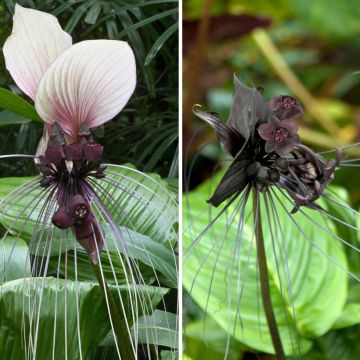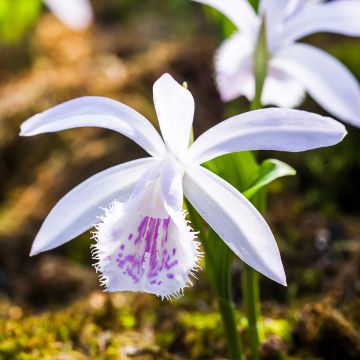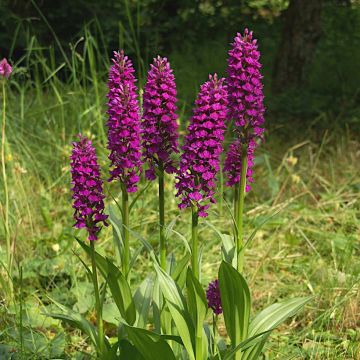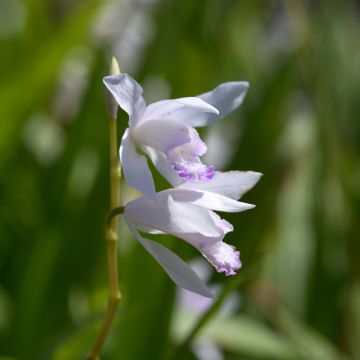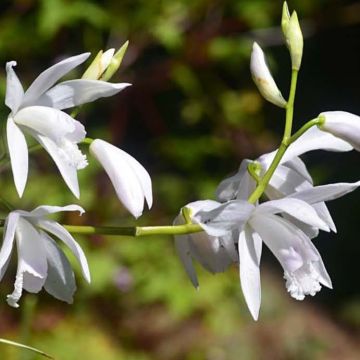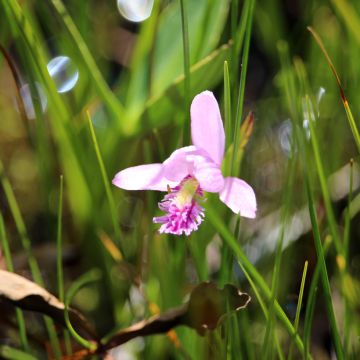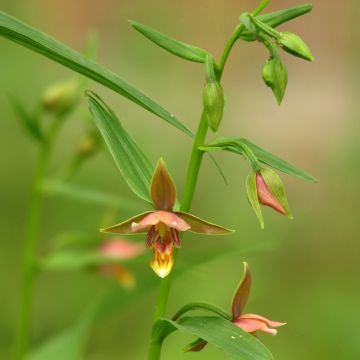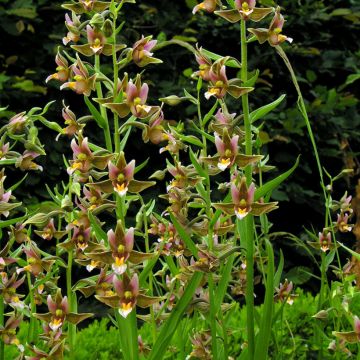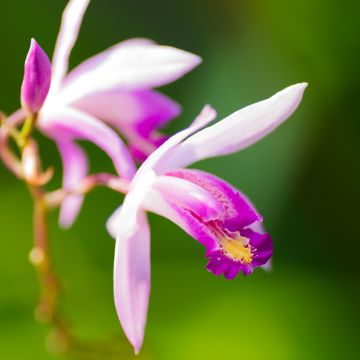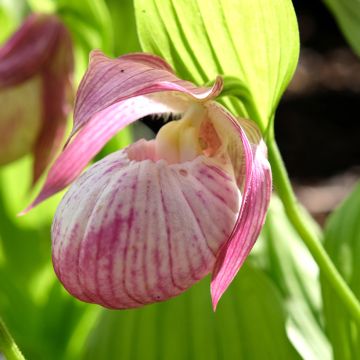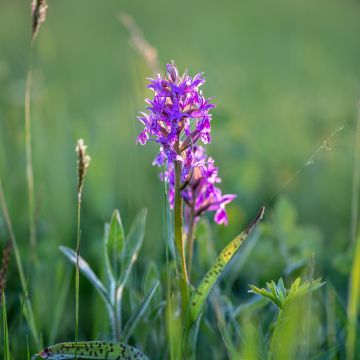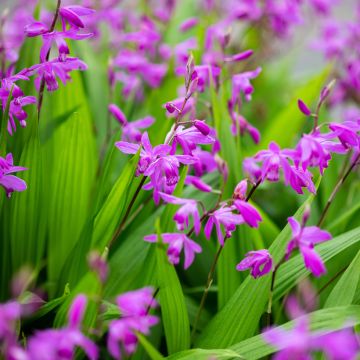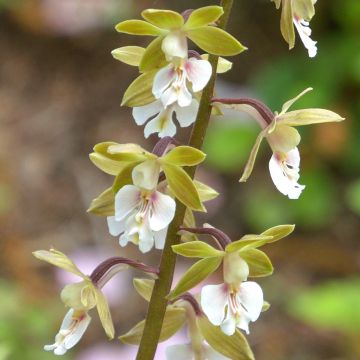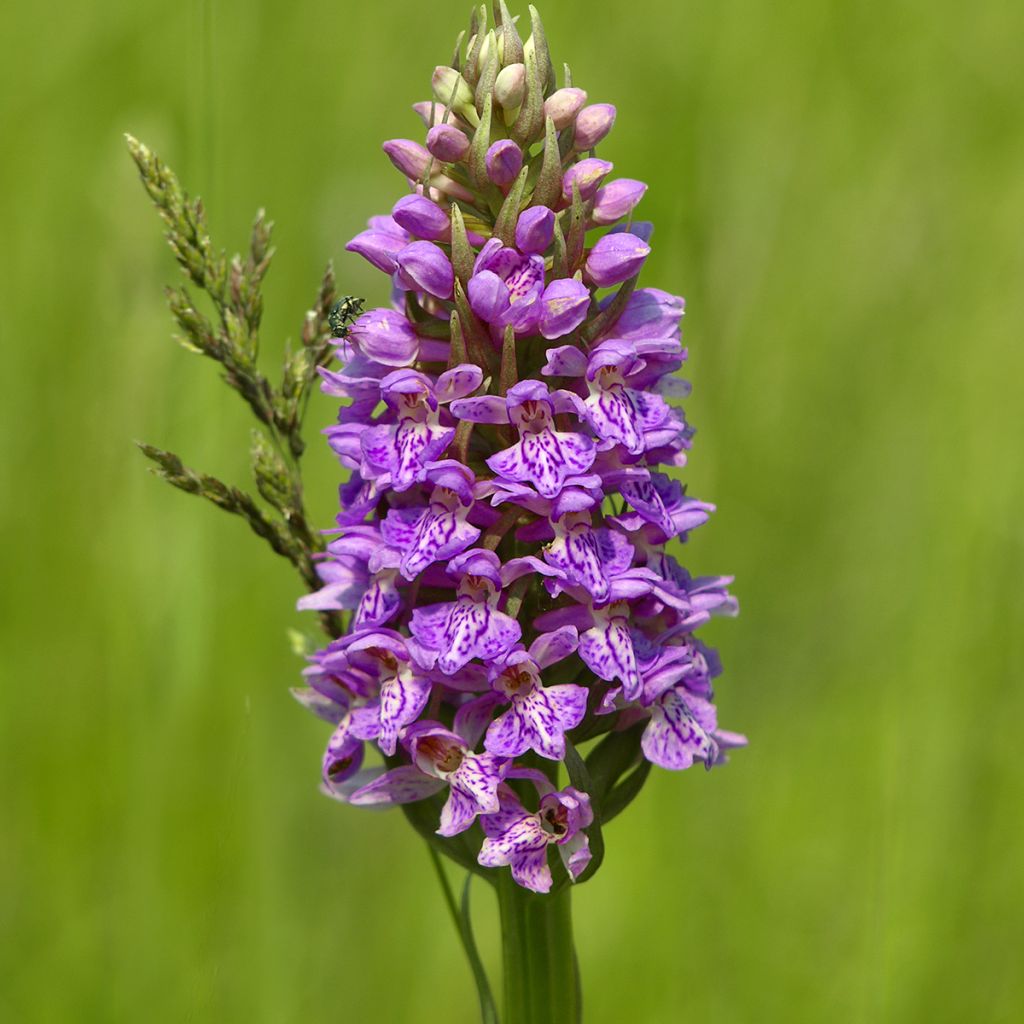

Dactylorhiza maculata - Spotted Orchi
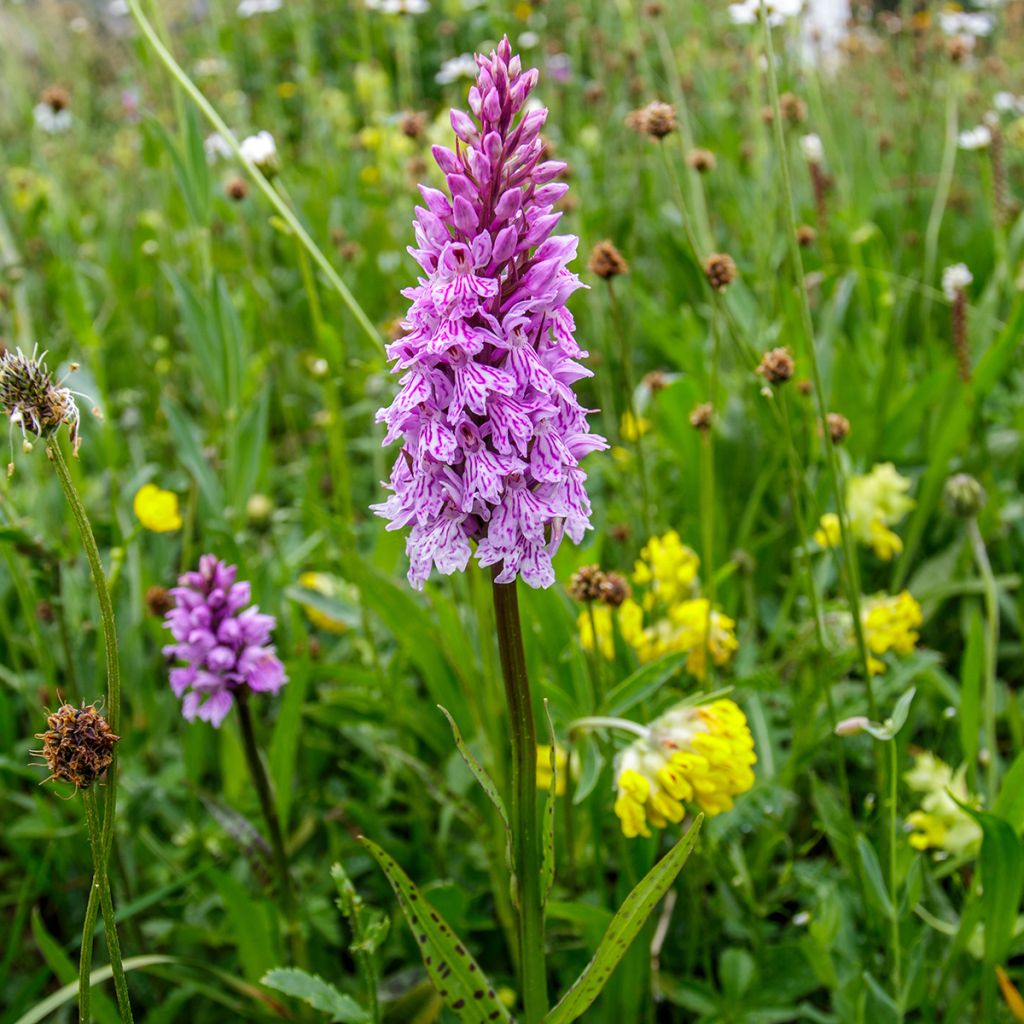

Dactylorhiza maculata - Spotted Orchi
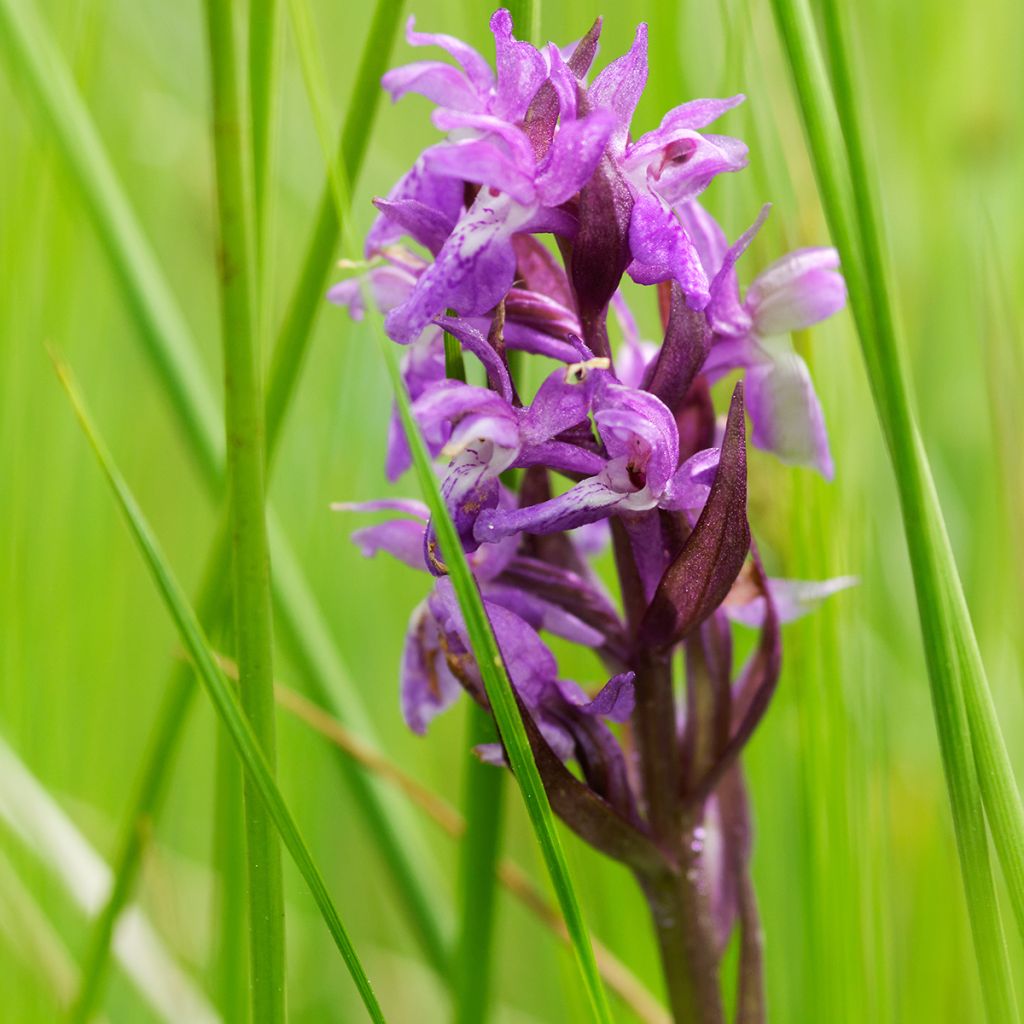

Dactylorhiza maculata - Spotted Orchi
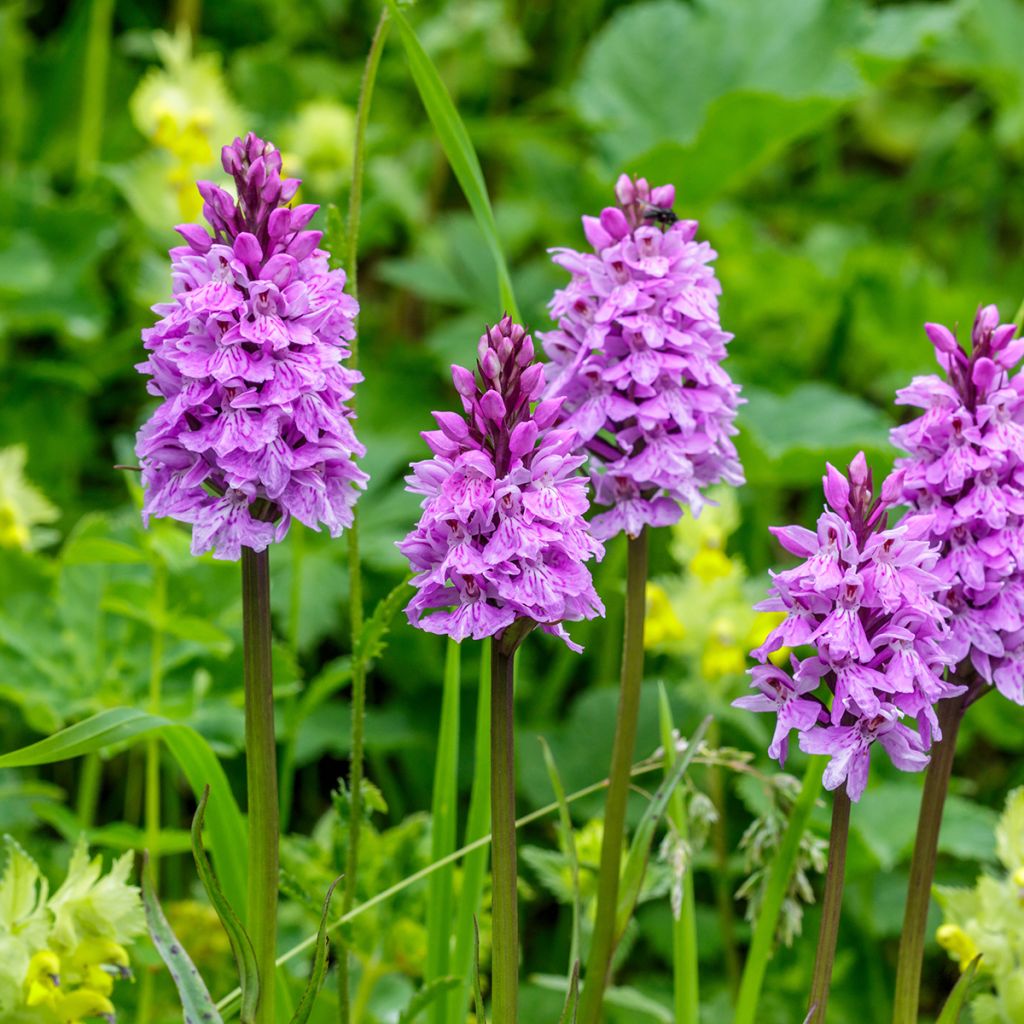

Dactylorhiza maculata - Spotted Orchi
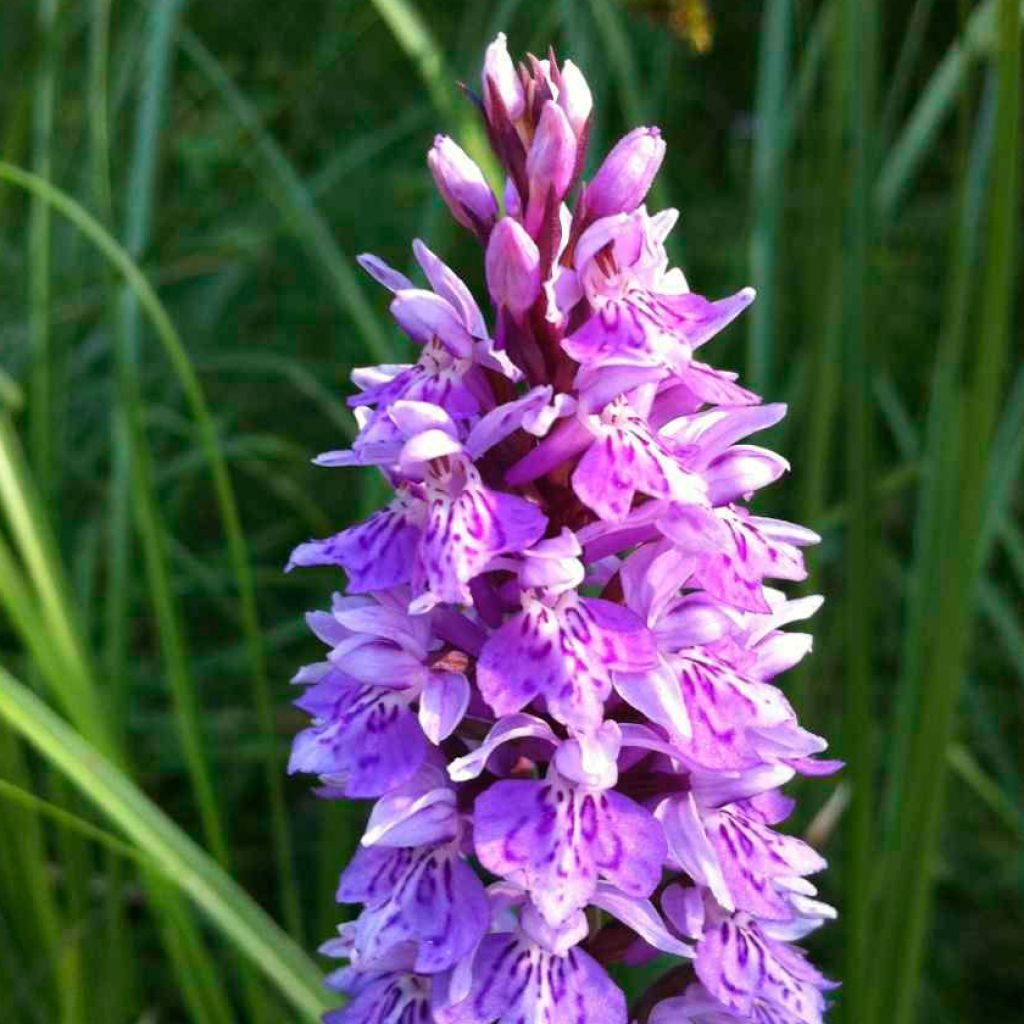

Dactylorhiza maculata - Spotted Orchi
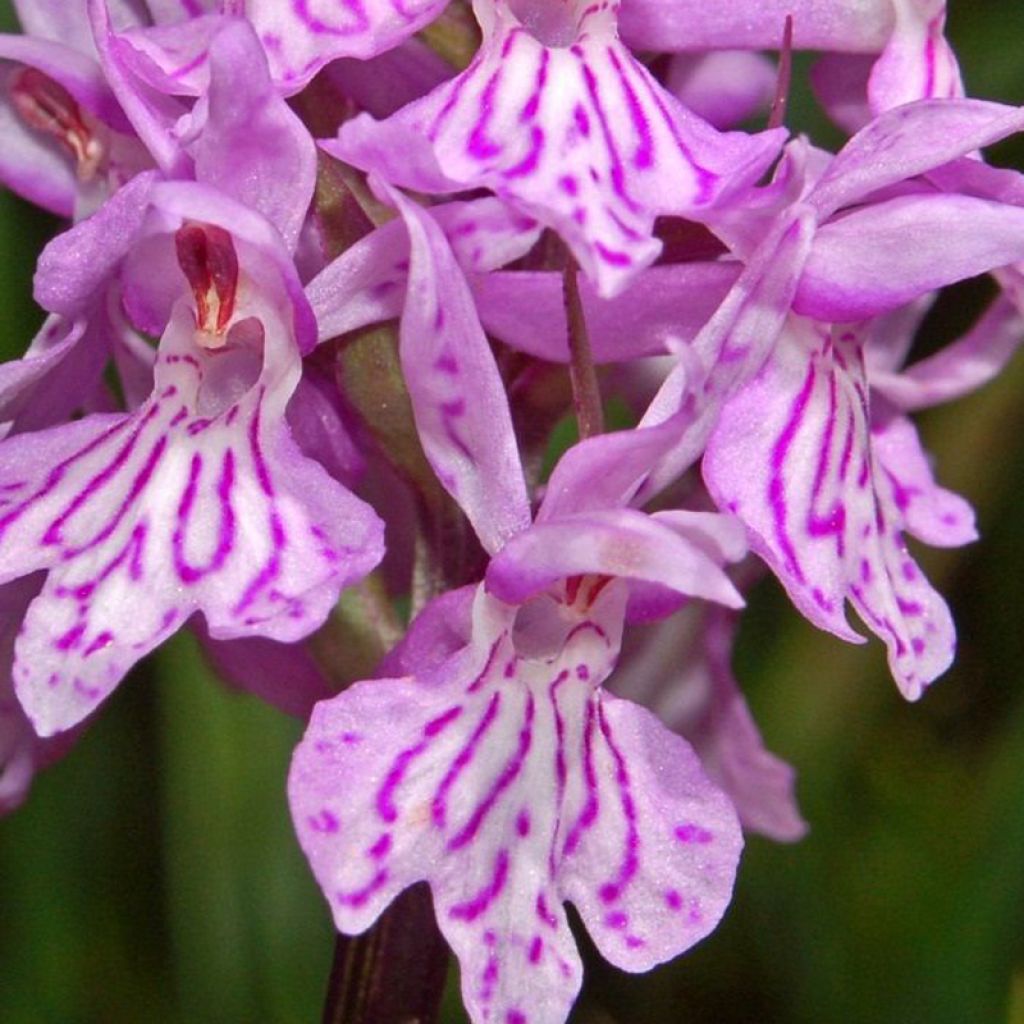

Dactylorhiza maculata - Spotted Orchi
Dactylorhiza maculata - Spotted Orchi
Dactylorhiza maculata
Spotted Orchid
It didn't shoot, we're waiting for this spring.
Domiboop, 18/02/2025
Special offer!
Receive a €20 voucher for any order over €90 (excluding delivery costs, credit notes, and plastic-free options)!
1- Add your favorite plants to your cart.
2- Once you have reached €90, confirm your order (you can even choose the delivery date!).
3- As soon as your order is shipped, you will receive an email containing your voucher code, valid for 3 months (90 days).
Your voucher is unique and can only be used once, for any order with a minimum value of €20, excluding delivery costs.
Can be combined with other current offers, non-divisible and non-refundable.
Why not try an alternative variety in stock?
View all →This plant carries a 12 months recovery warranty
More information
We guarantee the quality of our plants for a full growing cycle, and will replace at our expense any plant that fails to recover under normal climatic and planting conditions.
Would this plant suit my garden?
Set up your Plantfit profile →
Description
Dactylorhiza maculata, also known as the Spotted Orchid, is a widely spread wild orchid, where it can be found in wet areas, both in plains and mountains. It is a hardy perennial plant that produces light pink flowers with dark pink stripes in spring. It can easily be mistaken for the Fuchs Orchid, but its leaves are horizontally speckled with purple, the large lower petal called the labellum is less divided, and its patterns are finer. It can also be found in wetter and less forested areas, on less calcareous soils.
Dactylorhiza maculata belongs to the Orchidaceae family. It is a species native to Europe, Western Asia, and the boreal region. It is an herbaceous plant that has a curious, finger-shaped storage organ called a tuber (dactylo = finger, rhiza = root). This deciduous species forms a clump of light green foliage with horizontal dark spots from spring onwards, consisting of large leaves resembling those of lilies, oval and lanceolate, with parallel veins, bright green. Between May and July, it produces conical spikes up to 50cm (20in) tall that bear charming flowers with pale pink to lavender-white petals, on which the silhouette of a fly with spread wings is drawn in dark pink-purple. The labellum, i.e., the largest petal pointing downwards, is slightly trilobed. The foliage turns yellow and disappears quite early in the season, sometimes as early as late August. The plant then goes dormant until spring. This orchid is not always reliable from one year to the next, but that doesn't mean the plant is dead. This is largely due to climatic conditions. As observed with mushrooms, there are years with orchids and years without... The specificity of these species comes at a price.
Terrestrial orchids are considered pioneer plants, quickly establishing themselves in inhospitable areas abandoned by other vegetation. Dactylorhiza maculata prefers moist soils, rich in clay and humus, with a neutral pH (neither acidic nor calcareous). It is a plant that does not like to be disturbed but tolerates competition from 'weeds' quite well. Take a walk around your garden to determine where it will thrive. In nature, it easily grows in meadows, heathlands, and damp woods, alongside grasses called molinies.
When you receive your orchids, handle them with care: these plants produce few roots and are delicate!
Report an error about the product description
Dactylorhiza maculata - Spotted Orchi in pictures
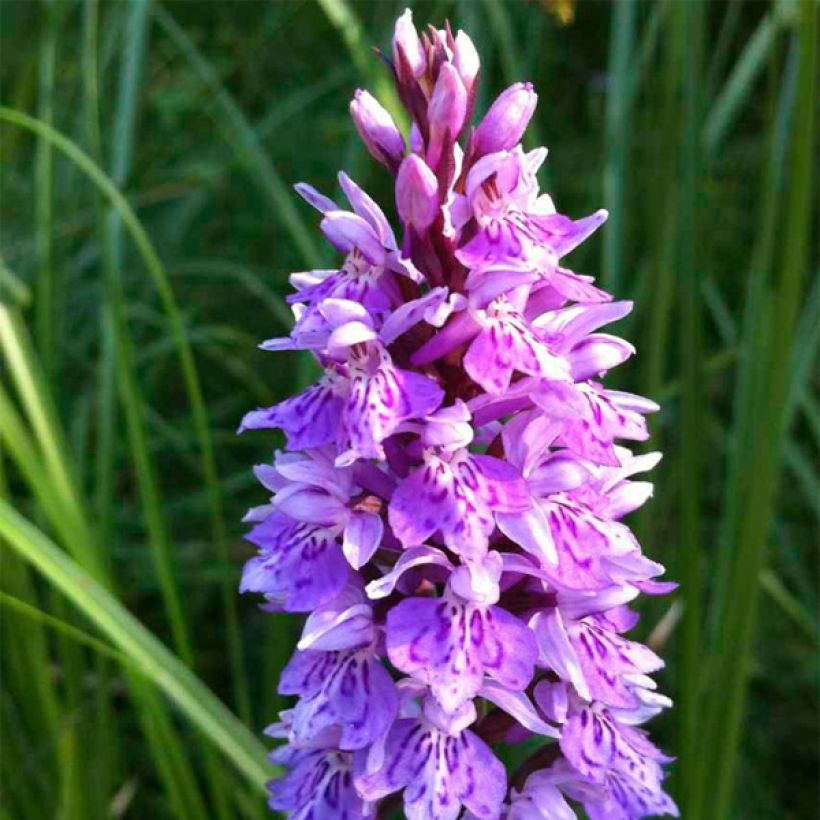

Flowering
Foliage
Plant habit
Botanical data
Dactylorhiza
maculata
Orchidaceae
Spotted Orchid
Western Europe
Other Garden Orchids
View all →Planting and care
The Spotted Orchid does not like to be disturbed. For this reason, it will be planted during its dormancy period, in autumn or early spring, before the start of vegetation. Install it in clay soil but rich in humus, always remaining fresh to moist even in summer. This species does not tolerate dry soil in summer. It prefers neutral pH soil (pH between 6.5 and 7.5), neither too acidic nor too calcareous. It can be planted in full sun or bright partial shade (not the shade of undergrowth, which is too dense).
It is a very frost-resistant plant that does not require any special winter protection. After flowering, the foliage turns yellow and then disappears completely during the dormancy period. Over the years, if conditions are adequate, Dactylorhiza strengthen and multiply thanks to the production of new tubers.
Planting period
Intended location
Care
-
, onOrder confirmed
Reply from on Promesse de fleurs
Haven't found what you were looking for?
Hardiness is the lowest winter temperature a plant can endure without suffering serious damage or even dying. However, hardiness is affected by location (a sheltered area, such as a patio), protection (winter cover) and soil type (hardiness is improved by well-drained soil).

Photo Sharing Terms & Conditions
In order to encourage gardeners to interact and share their experiences, Promesse de fleurs offers various media enabling content to be uploaded onto its Site - in particular via the ‘Photo sharing’ module.
The User agrees to refrain from:
- Posting any content that is illegal, prejudicial, insulting, racist, inciteful to hatred, revisionist, contrary to public decency, that infringes on privacy or on the privacy rights of third parties, in particular the publicity rights of persons and goods, intellectual property rights, or the right to privacy.
- Submitting content on behalf of a third party;
- Impersonate the identity of a third party and/or publish any personal information about a third party;
In general, the User undertakes to refrain from any unethical behaviour.
All Content (in particular text, comments, files, images, photos, videos, creative works, etc.), which may be subject to property or intellectual property rights, image or other private rights, shall remain the property of the User, subject to the limited rights granted by the terms of the licence granted by Promesse de fleurs as stated below. Users are at liberty to publish or not to publish such Content on the Site, notably via the ‘Photo Sharing’ facility, and accept that this Content shall be made public and freely accessible, notably on the Internet.
Users further acknowledge, undertake to have ,and guarantee that they hold all necessary rights and permissions to publish such material on the Site, in particular with regard to the legislation in force pertaining to any privacy, property, intellectual property, image, or contractual rights, or rights of any other nature. By publishing such Content on the Site, Users acknowledge accepting full liability as publishers of the Content within the meaning of the law, and grant Promesse de fleurs, free of charge, an inclusive, worldwide licence for the said Content for the entire duration of its publication, including all reproduction, representation, up/downloading, displaying, performing, transmission, and storage rights.
Users also grant permission for their name to be linked to the Content and accept that this link may not always be made available.
By engaging in posting material, Users consent to their Content becoming automatically accessible on the Internet, in particular on other sites and/or blogs and/or web pages of the Promesse de fleurs site, including in particular social pages and the Promesse de fleurs catalogue.
Users may secure the removal of entrusted content free of charge by issuing a simple request via our contact form.
The flowering period indicated on our website applies to countries and regions located in USDA zone 8 (France, the United Kingdom, Ireland, the Netherlands, etc.)
It will vary according to where you live:
- In zones 9 to 10 (Italy, Spain, Greece, etc.), flowering will occur about 2 to 4 weeks earlier.
- In zones 6 to 7 (Germany, Poland, Slovenia, and lower mountainous regions), flowering will be delayed by 2 to 3 weeks.
- In zone 5 (Central Europe, Scandinavia), blooming will be delayed by 3 to 5 weeks.
In temperate climates, pruning of spring-flowering shrubs (forsythia, spireas, etc.) should be done just after flowering.
Pruning of summer-flowering shrubs (Indian Lilac, Perovskia, etc.) can be done in winter or spring.
In cold regions as well as with frost-sensitive plants, avoid pruning too early when severe frosts may still occur.
The planting period indicated on our website applies to countries and regions located in USDA zone 8 (France, United Kingdom, Ireland, Netherlands).
It will vary according to where you live:
- In Mediterranean zones (Marseille, Madrid, Milan, etc.), autumn and winter are the best planting periods.
- In continental zones (Strasbourg, Munich, Vienna, etc.), delay planting by 2 to 3 weeks in spring and bring it forward by 2 to 4 weeks in autumn.
- In mountainous regions (the Alps, Pyrenees, Carpathians, etc.), it is best to plant in late spring (May-June) or late summer (August-September).
The harvesting period indicated on our website applies to countries and regions in USDA zone 8 (France, England, Ireland, the Netherlands).
In colder areas (Scandinavia, Poland, Austria...) fruit and vegetable harvests are likely to be delayed by 3-4 weeks.
In warmer areas (Italy, Spain, Greece, etc.), harvesting will probably take place earlier, depending on weather conditions.
The sowing periods indicated on our website apply to countries and regions within USDA Zone 8 (France, UK, Ireland, Netherlands).
In colder areas (Scandinavia, Poland, Austria...), delay any outdoor sowing by 3-4 weeks, or sow under glass.
In warmer climes (Italy, Spain, Greece, etc.), bring outdoor sowing forward by a few weeks.






























